Keywords: Work For The Dole
-

AUSTRALIA
- El Gibbs
- 21 November 2018
10 Comments
Australia’s income support system and employment services have shifted to an ever harsher regime of compliance and penalty, while failing to find work for hundreds of thousands of people.
READ MORE 
-
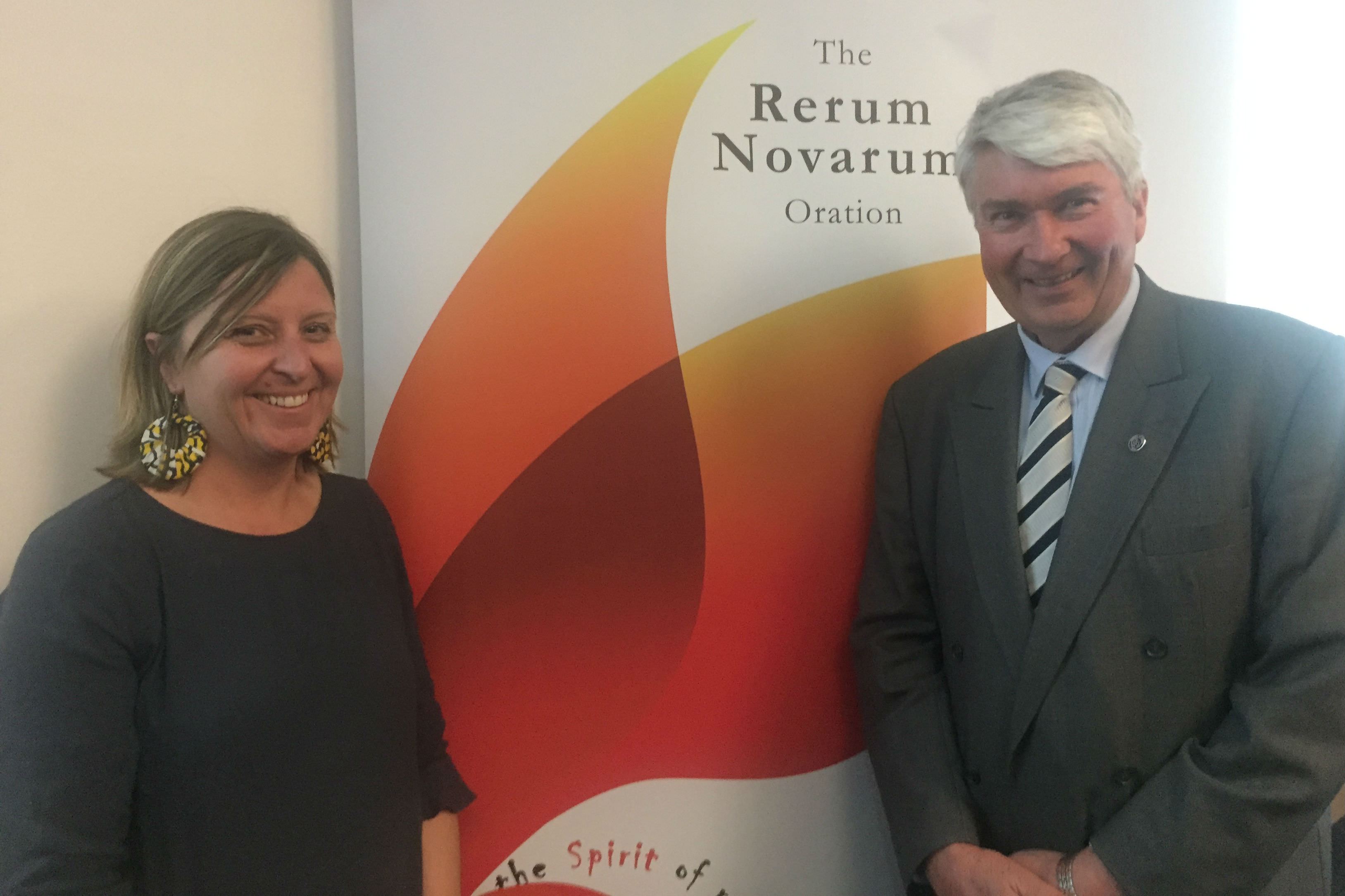
RELIGION
- Frank Brennan
- 08 November 2017
'We need to recommit to work for all those who are able and willing. We need to recommit to social assistance for all those who are not able. We need to ensure that a life of frugal dignity is within the grasp of all citizens.' 2017 Rerum Novarum Oration by Fr Frank Brennan SJ
READ MORE
-

ARTS AND CULTURE
- Tim Kroenert
- 07 June 2017
Abbie introduces Jamie to the paired liberating movements of punk rock and second-wave feminism. Both lead to illuminating experiences, from his first rock concert, use of alcohol, and kiss, to being beaten for casting aspersions on a peer's grasp of female sexual anatomy. His relationship with Julie on the other hand provides a difficult counterpoint. His peevish concern over her promiscuity is largely possessive; his theoretical understanding of women's agency falling down in the face of adolescent hormones.
READ MORE 
-
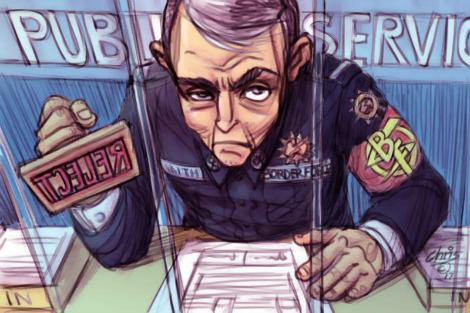
AUSTRALIA
- Rachel Woodlock
- 27 January 2017
23 Comments
'Take that out of your mouth, I have to touch that,' barked the Border Protection officer, glaring at me. I'd been juggling bags, boarding tickets, and a passenger exit card, so my passport was positioned precariously between my lips. I wondered if there was a class for teaching them how to be that special mix of forcefully domineering and nasty. It's not just at airports that ordinary people are increasingly feeling a sense of helplessness in the face of bureaucratic antagonism.
READ MORE 
-

AUSTRALIA
- Ellena Savage
- 09 December 2016
4 Comments
To be in the running for a scholarship, a student must have had their abilities or potential acknowledged and rewarded within an ideological education system. Where the money comes from - and whom it is given to - informs what kinds of artwork thrives. As Didier Eribon says, 'art, culture and education are part of the mechanisms of differentiation between social classes'. And the institutional frameworks underpinning the production of artwork can lead to pernicious political outcomes.
READ MORE
-

AUSTRALIA
- Rick Measham
- 07 November 2016
28 Comments
Growing up in Geelong, many friends worked at Ford, or Alcoa, Pilkington or any of the other allied suppliers. As each of these stopped manufacturing in Victoria's second city, employers and governments promised retraining. But where are the jobs? Factories are quickly moving to a 'lights out' operation, with no lights, no air conditioning — and no humans. Modelling suggests nearly 5000 Geelong residents will lose their jobs to the decline in manufacturing before the end of 2017, and 200,000 nationwide. Can we find new-economy jobs for every one of them?
READ MORE
-
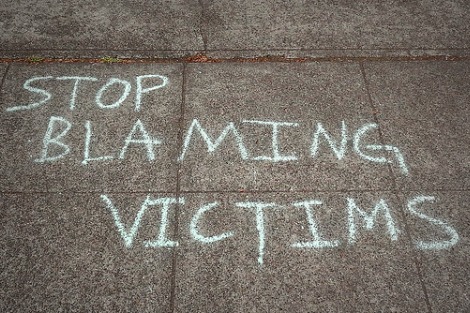
AUSTRALIA
- Madeleine Hamilton
- 24 August 2016
14 Comments
The response from police and others in authority to recent cases involving the abuse or exploitation of adolescent female sexuality is depressingly reminiscent of attitudes held more than 50 years ago. While it was no defence to argue that the girl had consented, if it could be proven she had had consensual intercourse with other men previously, the offender could be acquitted. Consequently, in carnal knowledge trials, girls were frequently accused of having rich histories of sexual activity.
READ MORE 
-
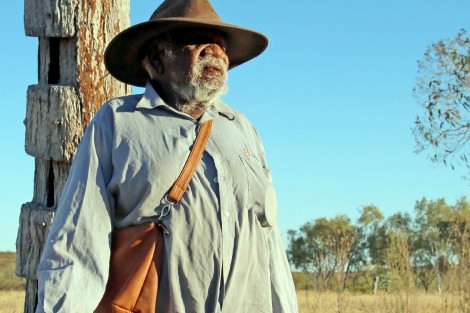
AUSTRALIA
- Moira Rayner
- 23 August 2016
9 Comments
I had been in WA for exactly a year when the local newspaper reported that a white guy had led about 200 people off Wave Rock station. Coming out of the comfortable myth that my home country of New Zealand was not racist, I was amazed to learn that Australia's Indigenous people were obliged to work without industrial protections. In 1966 it was the British Vesteys Group that had been exploiting Aboriginal people: today it is the State in the guise of 'community development', aka work for the dole.
READ MORE 
-
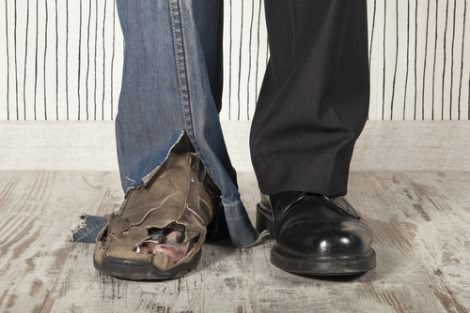
AUSTRALIA
- Marcelle Mogg
- 05 May 2016
18 Comments
Even the International Monetary Fund recognises that the best way to grow an economy is to reduce the divide between rich and poor, ensuring that all people have a chance to participate in the social and economic life of a country. The Coalition government remains resolutely opposed to this growing body of evidence, continuing to rely on economic structures that entrench disadvantage, then blame the poor for their fate. The Budget provides tax cuts to the rich and service cuts to the rest.
READ MORE 
-

AUSTRALIA
- Fatima Measham
- 11 August 2015
12 Comments
Words like rorter, bludger and leaner only ever seem to apply to those who apply for welfare. A politician who draws down unreasonably on entitlements or a banker who earns stratospheric bonuses are seen as passive beneficiaries of the system. It seems the case that only those with power or capital are allowed to blame systems. The rest of us get to be individuals who make choices.
READ MORE 
-
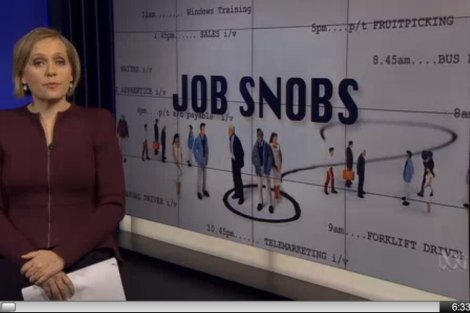
AUSTRALIA
- Catherine Magree
- 29 July 2014
22 Comments
Imagine how the quality of the debate would improve if those who blamed the victims of poverty and illness for their plight were publicly labelled welfare sceptics or denialists, and forced to back up their claims. Social research academics would be thrust into the spotlight. If this issue received the scrutiny it deserves in the media there would be a sea change in attitudes to poverty, unemployment and income support over time.
READ MORE 
-

AUSTRALIA
The Government's vilification of people arriving by boat has reached the level where the term 'illegal' features in the Budget documents. Immigration Minister Morrison has insisted on referring to people arriving by boat as 'illegals' for some years, despite the Migration Act using the less pejorative term 'unlawful non-citizen'. This is not just a lawyer's linguistic debate; if it were not important, the Government would not insist on the term.
READ MORE 